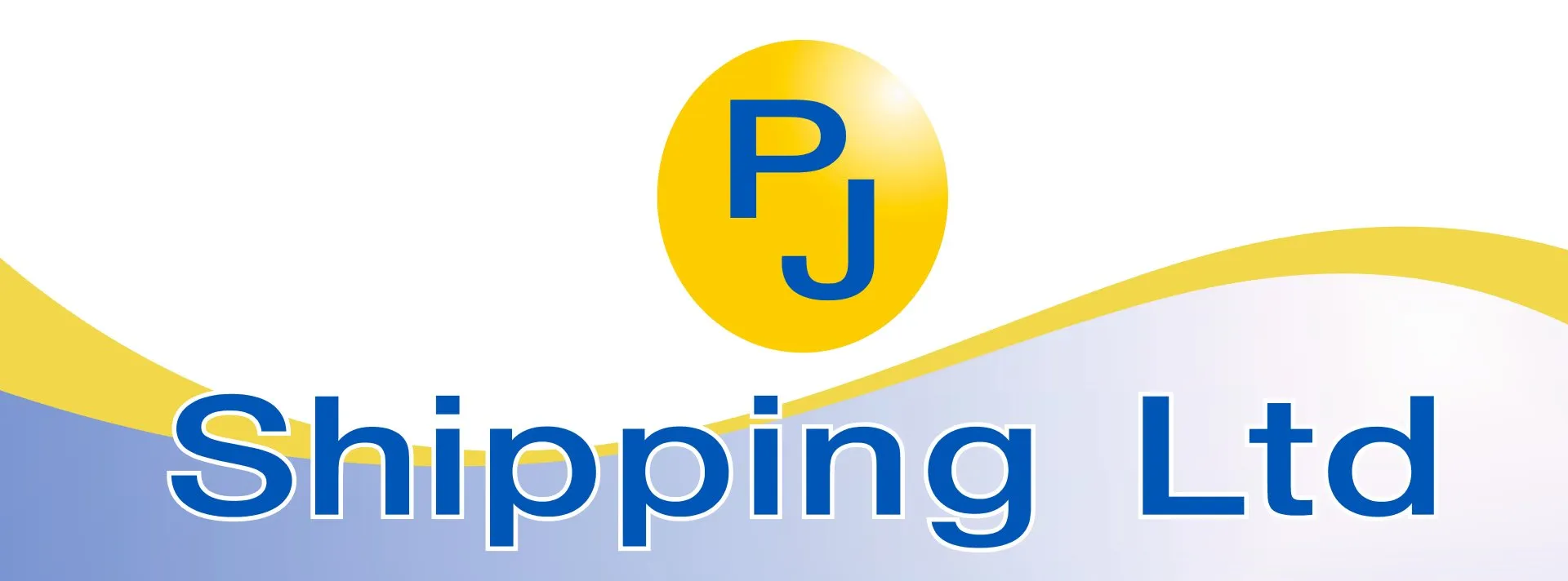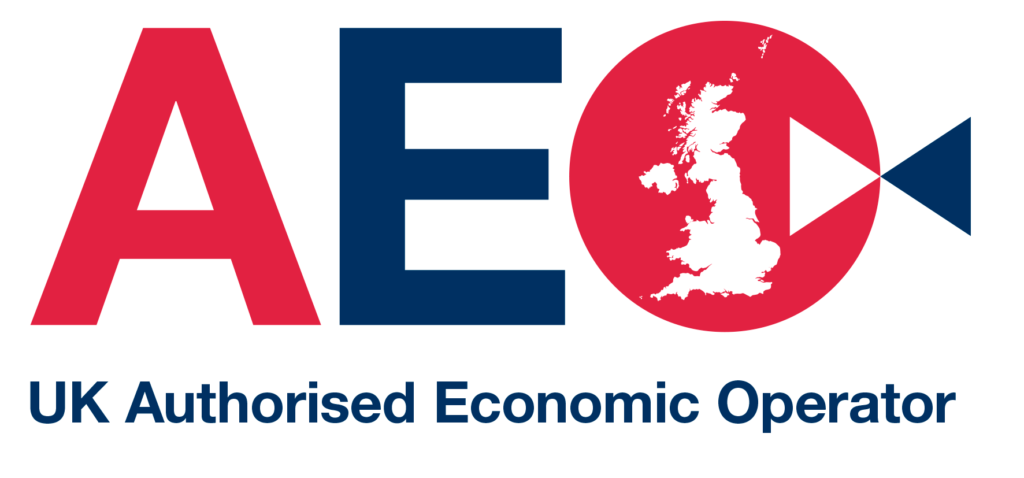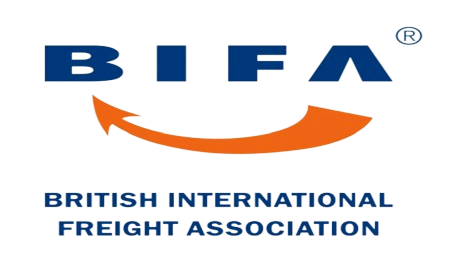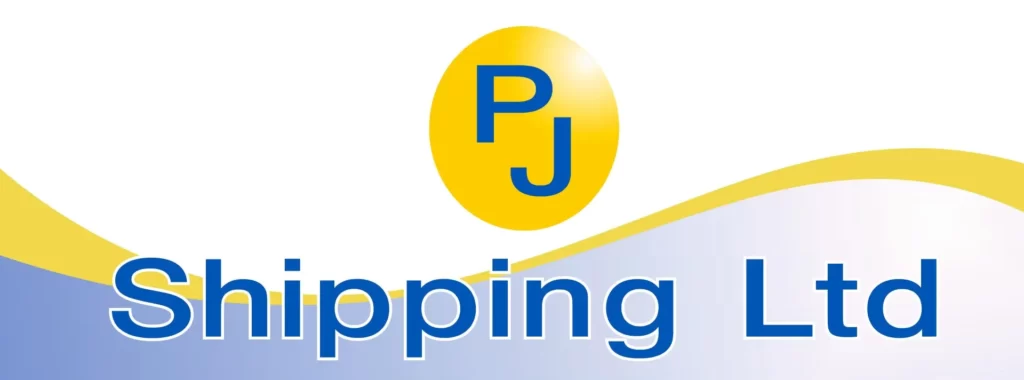The Rules of Origin (RoO) in the UK were influenced by the UK’s departure from the European Union (EU). The specifics of RoO can change, so it’s essential to check the most recent and updated information. You can do that on the Gov website here.
Here are some general principles that were applicable around that time:
Preferential Rules of Origin:
For goods to qualify for preferential tariffs (lower or zero tariffs) under trade agreements, they must meet certain RoO criteria.
The rules typically specify the percentage of local content or value-added required in the product for it to be considered as originating from the country in question.
Non-Preferential Rules of Origin:
These rules are applied to determine the origin of goods for purposes other than obtaining preferential tariffs, such as anti-dumping measures or labelling requirements.
Cumulation:
Cumulation allows the use of materials or processing from one or more countries in the calculation of the origin of a product. Bilateral or diagonal cumulation might be in place depending on the trade agreement.
Product-Specific Rules:
Different products may have different RoO criteria. These criteria can include the percentage of local content, specific manufacturing processes, or other criteria.
Documentary Requirements:
Importers and exporters need to provide documentation demonstrating that their goods meet the RoO requirements to claim preferential tariff treatment.
Administrative Cooperation:
The relevant customs authorities of the trading partners cooperate to ensure the correct application and enforcement of Rules of Origin.
To experience our assured customer service, contact us today.



